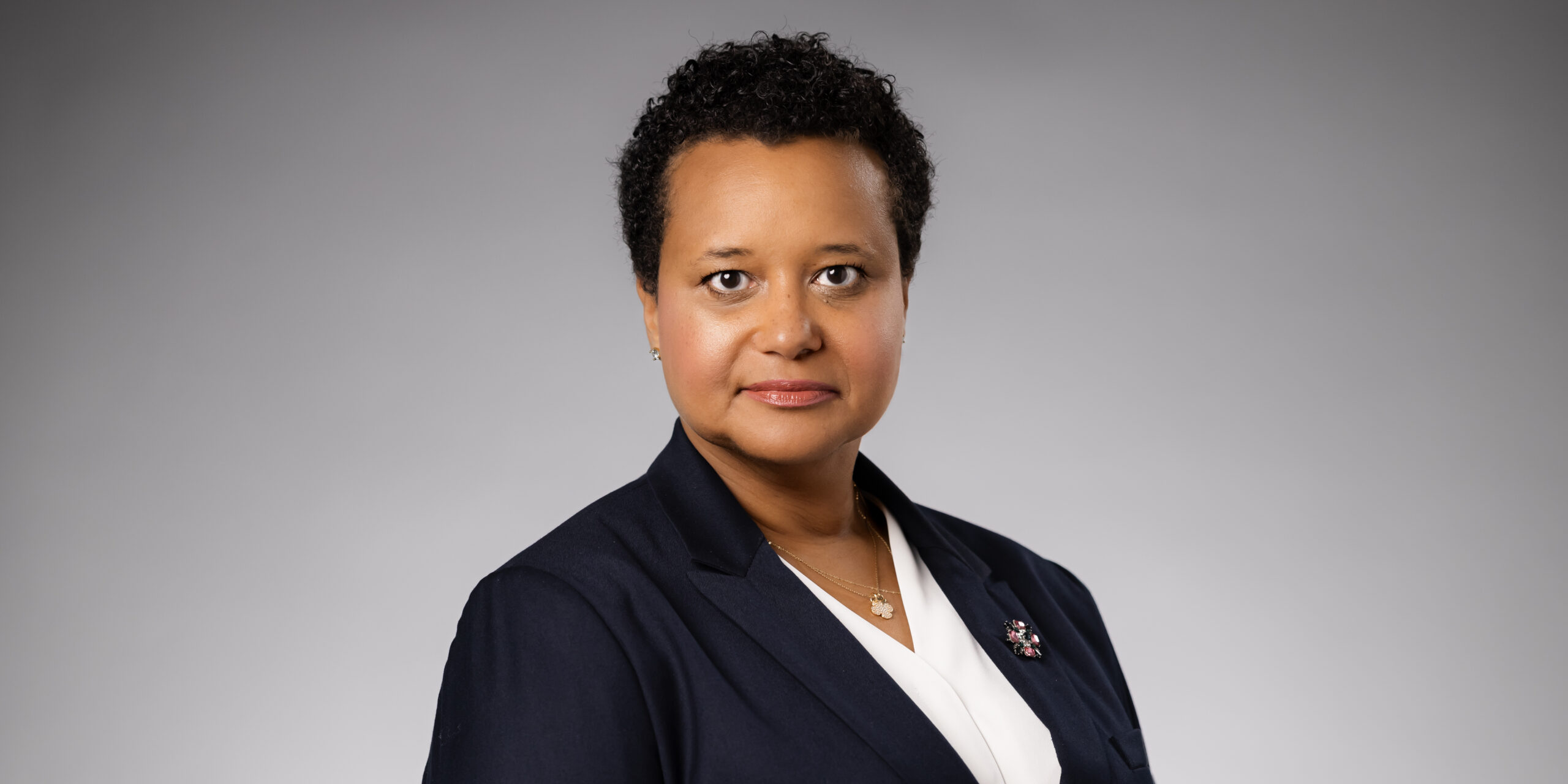Partner content
The spirit of hope will mark Poland’s EU presidency

Two decades after it joined the EU, Poland is set for a six-month presidency of the European Council with a spirit of hope, says the country’s ambassador to the Netherlands, Margareta Kassangana.
The ambassador believes that now is a time to take the positive spirit of her country to shape a robust European solidarity that can withstand the political and migratory challenges ahead.
“I remember the first Polish presidency in 2011,” she says, the sun shining into a corner meeting room in the Polish embassy building in The Hague. “We had the same prime minister, Donald Tusk, and at the opening José Manuel Barroso, president of the European Commission, gave a visionary speech.”
Times had never been better since World War II, Barroso said, while Europe was united in an important bloc of countries. “I remember him saying ‘we need to reflect now, what does it mean really to be a European?’ In Poland we are so proud of being part of the EU and we’ve seen our future in very bright colours.”
Tolerance and democracy
That previous Polish presidency was before the migration crisis of 2015 and although there were lingering concerns about the robustness of Southern Europe after the credit crunch, the future looked good. “We were very optimistic, based on EU values, tolerance, democracy,” the ambassador says.
“Now, when we head towards our presidency again, we have a war on the European continent – just next door to Poland. We are confronted with artificially created migration pressure, used by external actors as a political tool to destabilise the EU border, and the Schengen zone is under pressure as more countries introduce border controls. It’s a different reality.”
Kassangana, 49, a career diplomat, said that defending the borders of the EU does not mean abandoning EU values. “The situation is definitely more complex and we need to be realistic about what is possible,” she says. “There are forces using the migratory pressure to create insecurity and undermine the common values of the EU. But at the Polish eastern border we were able to protect not only ourselves but also the rest of the EU.”
EU expansion
Poland’s enthusiasm about the EU,s he says, means that it still takes an open attitude to expansion. “It’s definitely one of our priorities to keep the enlargement discussion on the table,” she says. “We understand very well the aspirations of countries like Ukraine and Moldova. It’s not only important that Ukraine fulfills all of the technical criteria. It is also a political choice.”
For Poland, the EU has brought a huge amount of success, not only the economic development stimulated by infrastructure funds and access to greater labour mobility, but also a sense of independence. “After World War II, the Allied powers decided on the division of Europe and it was decided that Poland would remain under Soviet influence,” she says.
“It was not our choice. For 40 years, we were independent but we were not free, so for us becoming a member of the EU and a member of Nato was like going back to where we belong. For my generation, it was extremely important and we were so enthusiastic about it.”
Hard-working
She remembers being stopped at the borders in times gone by and still finds the Schengen open border area – despite German and upcoming Dutch increased controls – hugely exciting.
Meanwhile, Poland is going from strength to strength. “We’ve been described as the South Korea of Europe,” she says. “We are a very hard working nation, people are very entrepreneurial, and a lot of women in Poland also run small and mid-sized enterprises.”
But there is a challenge with the current security situation, she admits. “In Poland, I would say there is a kind of frustration, linked with the feeling of physical insecurity and to the war at our borders,” she says. “But right now, the country is doing well.”
January presidency
Poland will enter its period of presidency of the European Council in January with a sense of vigour. “Our openness to other countries comes from the history where we were left behind during World War II – we do feel that no-one should be left behind,” she says.
“I’m convinced that it will be a successful presidency because we are ambitious but at the same time realistic. Of course, we don’t know how the situation will evolve in Ukraine and the Middle East, but we have hope for Europe and how we treat each other within Europe. Our enemies do everything to undermine this project because they know that united we are stronger.
“Of course there will always be some friction, but we are 27 [countries] with something that unites us: our values and principles of democracy, tolerance, respect for human rights, freedom of movement. There is no stronger concept. The European Union is a phenomenal project and we should do everything possible to highlight this.”
Thank you for donating to DutchNews.nl.
We could not provide the Dutch News service, and keep it free of charge, without the generous support of our readers. Your donations allow us to report on issues you tell us matter, and provide you with a summary of the most important Dutch news each day.
Make a donation